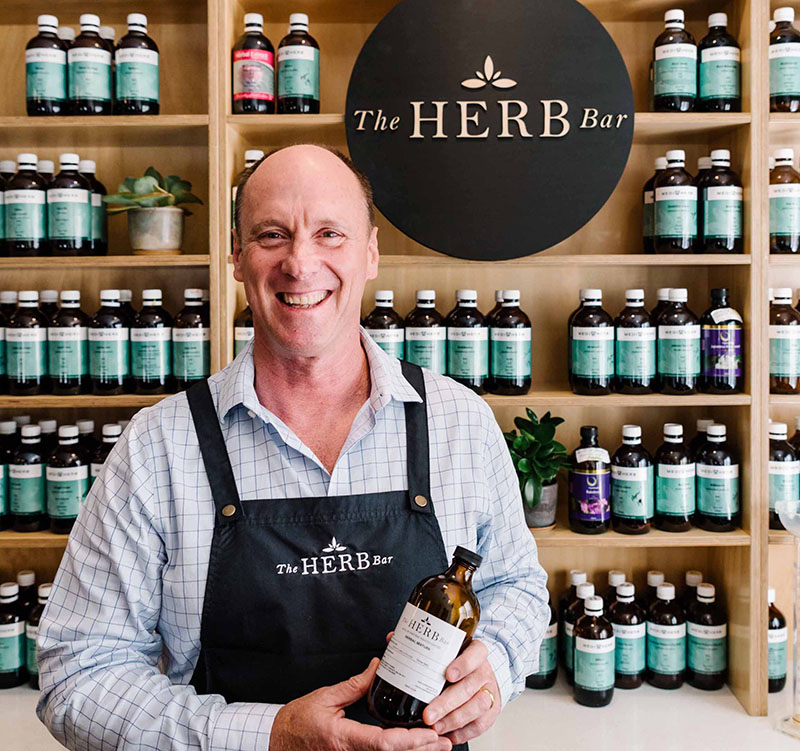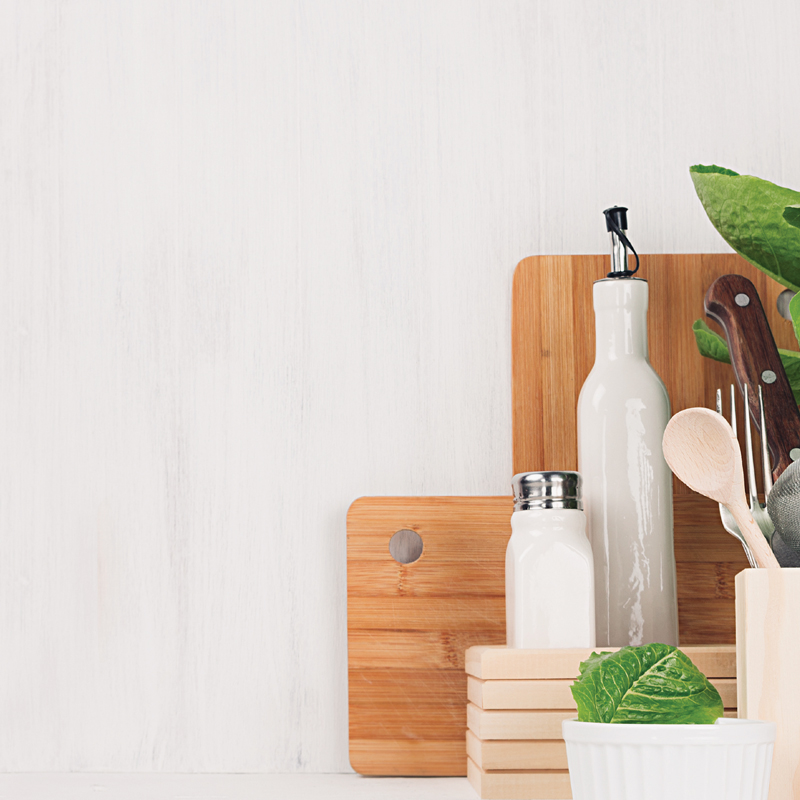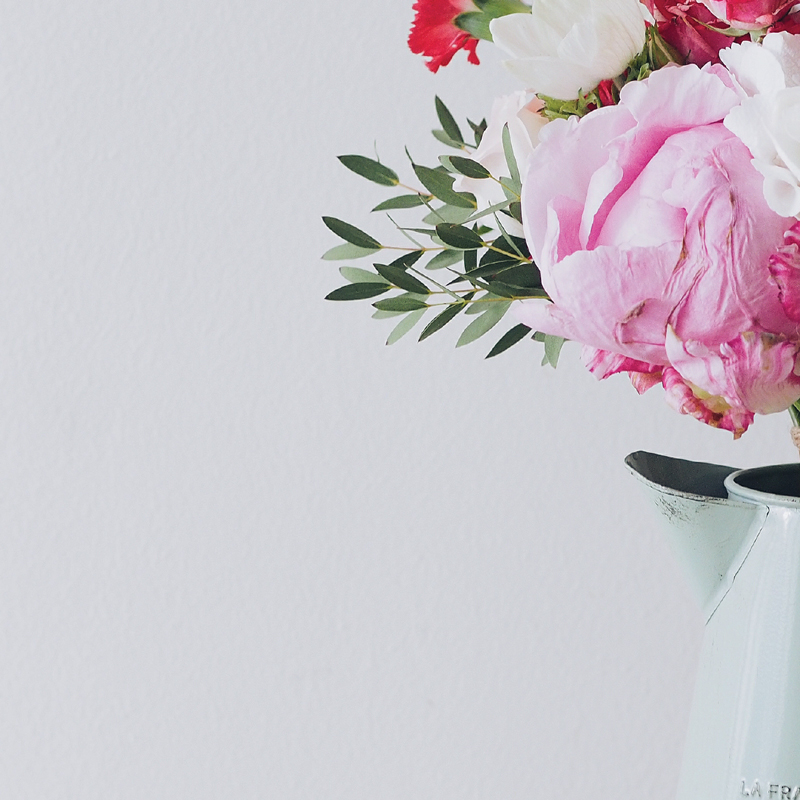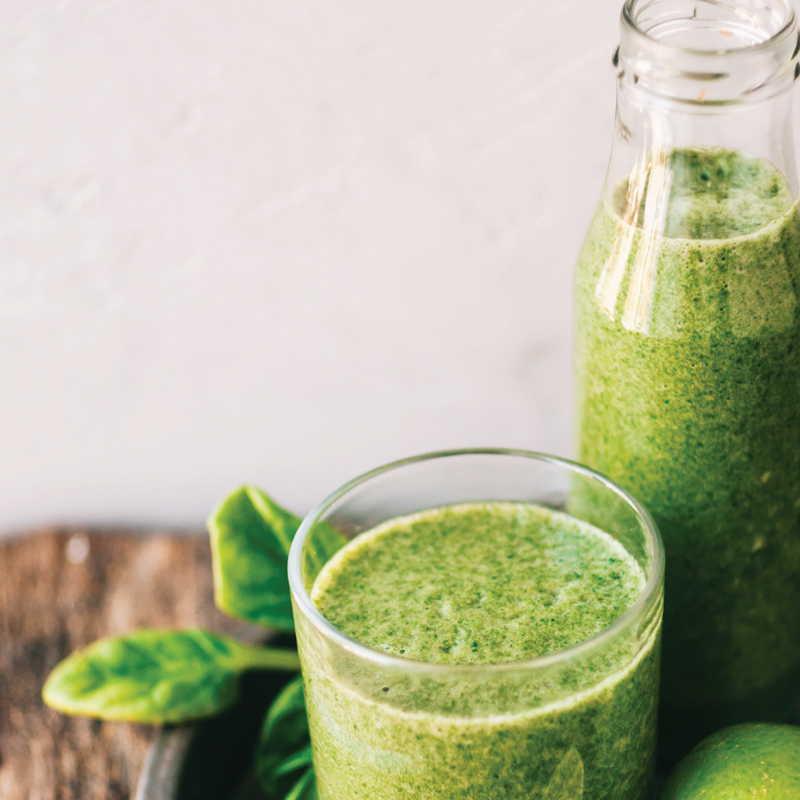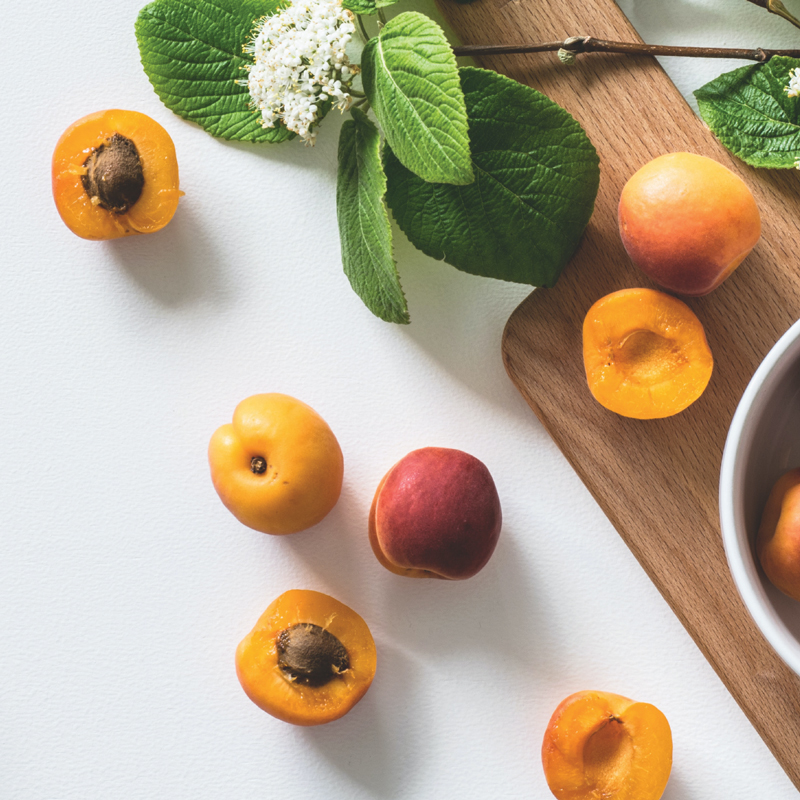
10 ways to reduce your toxic load
It’s in the cleaner you used to wipe the bench, the perfume you sprayed on before heading out, and even on the apple you’re having for a healthy morning snack.
Tens of thousands of industrial chemicals surround us in our daily lives, making it hard to reduce your toxic load. But there are strategies you can implement to help reduce your exposure to these chemicals and support your body to ‘detox’.
What is toxic load?
Toxins can take the form of toxic ‘heavy’ metals (such as lead, mercury, cadmium, and aluminium), herbicides, pesticides, polychlorinated biphenyls (PCBs) and other persistent organic pollutants (POPs). Further, a whole range of what are termed ‘endocrine disrupting chemicals’ or EDCs, including phthalates, parabens and bisphenol A (BPA) are now identified as having a significant impact on our health.
Toxic load can include what we wear on our bodies (chemical dyes, synthetic fabrics), the home we surround ourselves with (off gassing from paint/furniture/carpets), products that we use in our daily lives (shampoos/deodorant/toothpastes/skin care), cleaning products we use in our home (chemical cleaners) and exposure to chemicals through our food and drink intake.
Our bodies process toxins through our liver and kidneys and eliminate them through skin, faeces and urine. Toxin build up can lead to an overload interfering with our hormonal dysfunction, generation of free radicals, increased sensitivities to allergens and a weakened immune system leading to chronic illness.
While you may not be able to avoid toxins altogether, there are certainly ways you can reduce your exposure to toxins and subsequently, reduce your toxic load.
Here are our 10 tips to reduce your toxic load:
1. Transition all cleaning, personal care and make-up products to natural equivalents
Synthetic versions of these products contain compounds such as phthalates, parabens, triclosan and heavy metals which all exhibit endocrine disrupting or irritant effects within the body. Transitioning to natural alternatives can be easy and economical by simply switching over as you run out of each synthetic product.
2. Store and heat all food in glass or stainless steel containers
Plastic containers are comprised of EDCs such as bisphenol-A (BPA). Additionally, BPA-free products are not immune to EDC status, as they still contain similar bisphenol compounds (such as BPE or BPS). These chemicals transfer into foods, especially when heated, making their avoidance a powerful step in reducing EDC intake. Whilst glass can be useful for pantry items and leftovers, lighter stainless steel can make a great low-tox solution for kid’s lunchboxes.
3. Limit exposure to air pollution
Avoid walking or exercising along main roads. Concentrations of heavy metals such as lead and cadmium, and toxic gases such as carbon monoxide are increased on main roads, so take the back streets where possible to decrease your exposure to these chemicals.
4. Install a water filter
This reduces your exposure to compounds such as chlorine and fluoride, which can both negatively impact your thyroid gland, which is significant as it governs the metabolic rate of your entire body.
5. Use natural air fresheners and perfumes
Synthetic scents contain phthalates, a known EDC group. With manufactures only required to list these chemicals as ‘fragrance’ or ‘parfum’ on labels, we as consumers can easily be misled as to the true ingredients within a synthetic product.
6. Consume organic meats and produce where possible
This reduces your intake of persistent organic pollutants (POPs), which are EDC chemicals that resist degradation, bio-accumulate in water supplies, soils and crops, and are then consumed by livestock. Further, numerous pesticides and herbicides used in fruit and vegetable farming carry EDC status, making organic fruits and vegetables, where possible, an avenue worth considering when working to reduce toxin exposure.
7. Create an indoor nursery
Not only do they consume carbon dioxide, indoor plants also absorb and hence reduce levels of air pollution, and volatile organic compounds (VOCs) that are emitted from indoor furniture, paints, aerosols and adhesives. Plants such as the peace lily, Boston fern, Aloe vera and bamboo all offer this fantastic protective effect.
Increasing Your Toxin Elimination
You can also encourage the detoxification and removal of stored environmental toxins from your body. This may be particularly pertinent for those in professions who have ongoing exposure to chemicals; such as hairdressers, painters, cleaners, miners, metal workers, mechanics or those in aeronautical services. Three tips to encourage healthy detoxification for these people in particular (but which benefits everyone), include:
8. Exercise
This promotes the circulation of blood and lymph, enhancing the elimination of waste products from your body. It also increases the delivery of nutrients and oxygen to your organs and muscles for optimal repair and functioning.
9. Dry skin brushing
As your skin is a major organ of elimination, removing any build-up of dead skin cells increases your body’s capacity to detoxify and eliminate toxins effectively.
10. Spa treatments
Saunas and skin wraps can be powerful detoxification tools, as they encourage your body to sweat and remove waste through your skin. Massage can also support detoxification by stimulating lymphatic and blood circulation.
Remember, toxins are present in our environment, and their health impacts are real. However, making incremental steps toward reducing your exposure all adds up to big change, which your body will certainly thank you for.
Have you been living with a health condition for years that hasn’t responded to conventional medicine effectively? Or are you simply not feeling your best?
Click here to download our free guide with tips and steps you can take to feel well again, naturally. This guide covers everything you need for healthy living – diet, sleep, stress and supplements.

